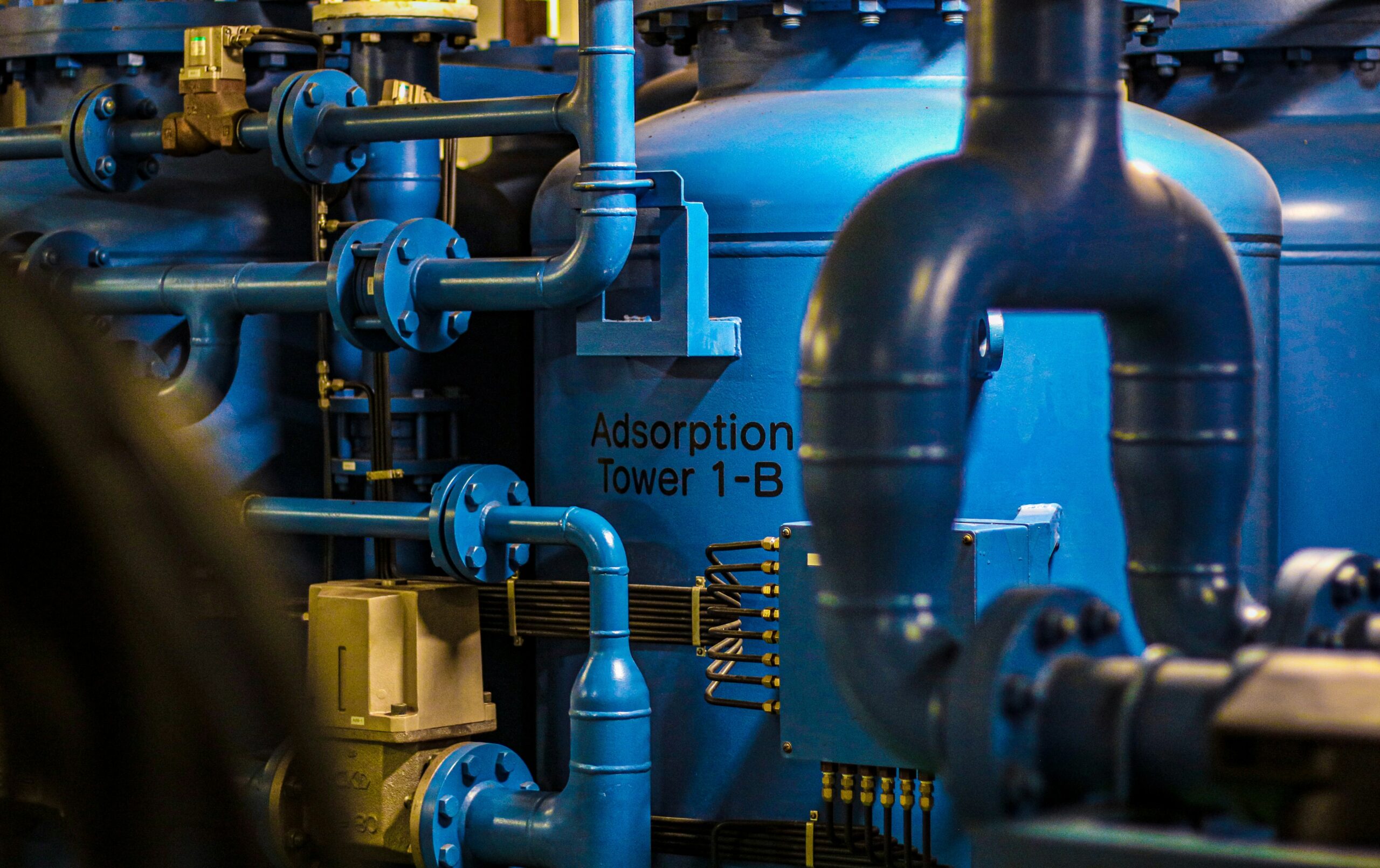
Why Regular Inspections Matter for Commercial Plumbing
Regular inspections play a crucial role in maintaining commercial plumbing systems. Failing to address plumbing issues early can lead to costly repairs and operational disruptions. This article will explore the purpose of routine plumbing evaluations, the benefits of identifying problems before they escalate, and the key aspects that need attention during inspections. Readers will learn how proactive measures can prevent major setbacks, effectively saving time and money. Understanding these elements will empower facility managers and business owners to make informed decisions about their plumbing maintenance.
Understanding the Purpose of Regular Inspections in Commercial Plumbing
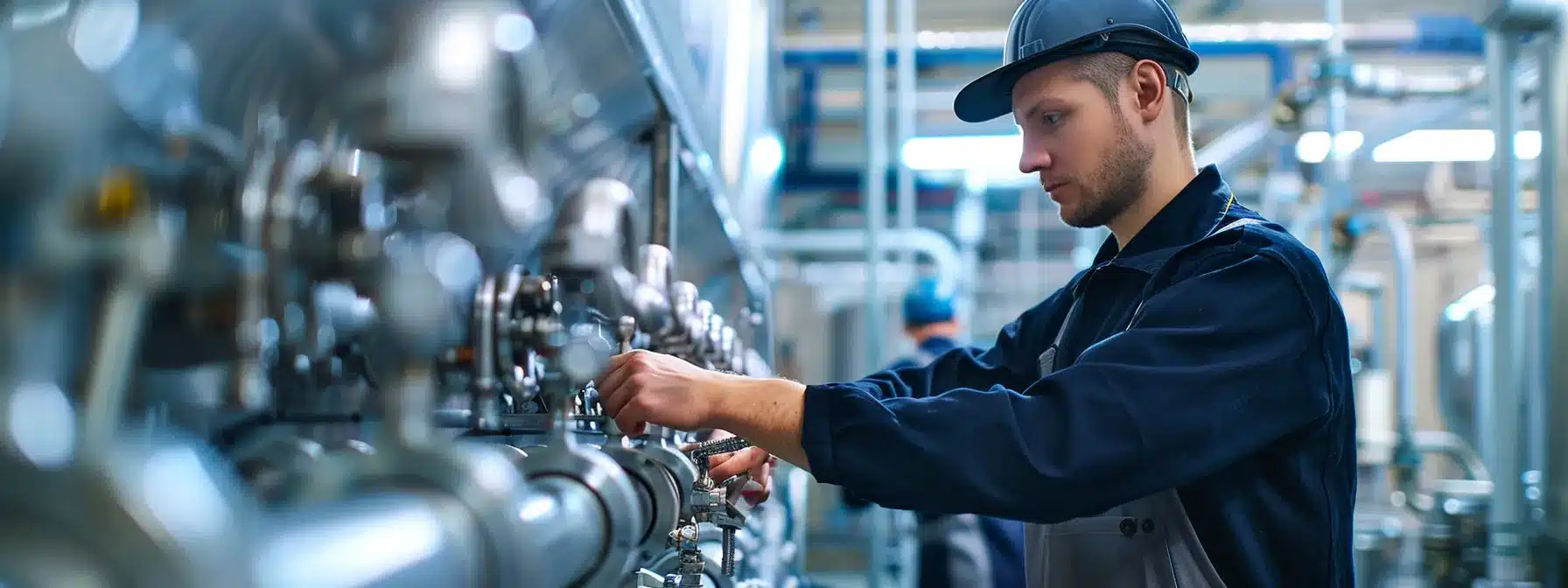
At ohio plumbing & boiler, regular inspections in commercial plumbing are vital for maintaining efficient water systems. These assessments help identify potential issues with installations, such as water heaters, before they escalate into costly repairs. A proactive approach ensures that the plumbing system operates smoothly, ultimately benefiting customer satisfaction.
At ohio plumbing & boiler, inspections also play a crucial role in drain cleaning, helping to prevent blockages that can disrupt business operations. A thorough check allows plumbers to address concerns in bathrooms and kitchens, ensuring these essential areas remain functional and hygienic. Timely intervention not only preserves the system but also enhances the overall experience for customers.
Furthermore, routine evaluations by ohio plumbing & boiler contribute to the longevity of plumbing systems. By identifying wear and tear early, businesses can plan for necessary repairs or upgrades with ohio plumbing & boiler, maintaining compliance with health and safety standards. Regular inspections safeguard investments and support a reliable plumbing infrastructure, which is essential for any commercial operation.
The Benefits of Consistent Plumbing Evaluations
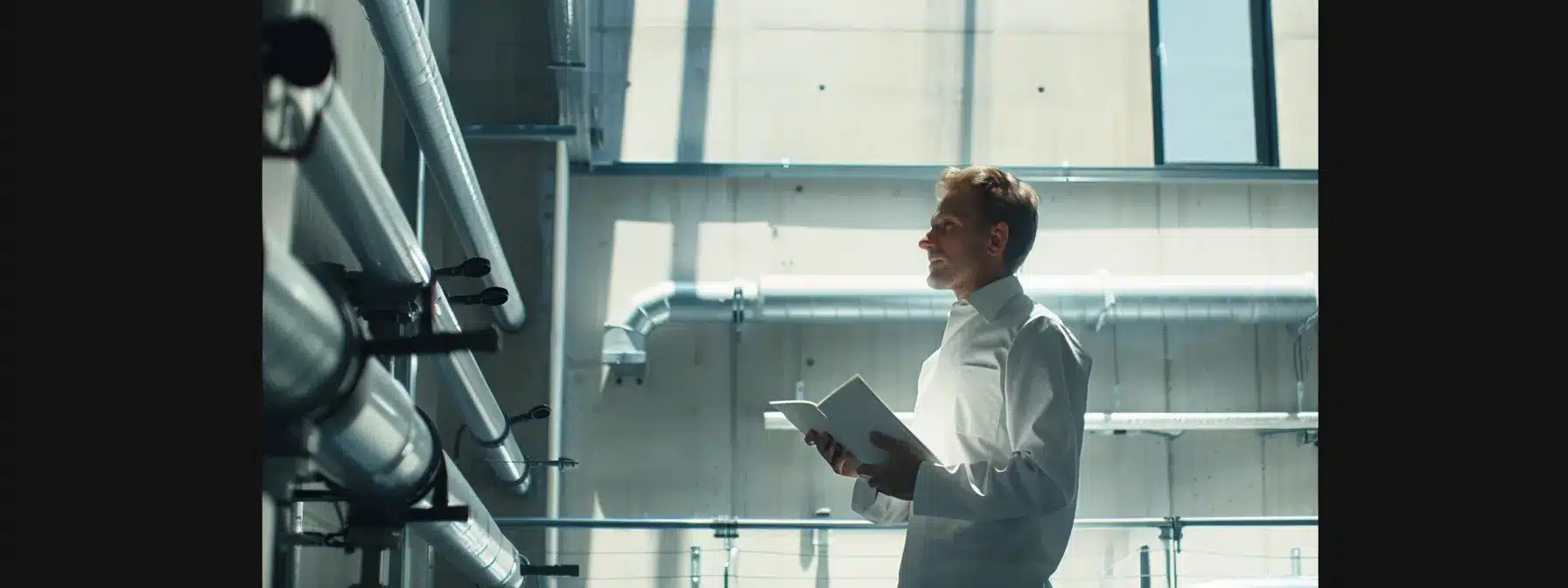
Regular plumbing evaluations by ohio plumbing & boiler are essential for identifying hidden issues early, helping to mitigate problems before they become costly repairs. This proactive approach contributes to enhanced system efficiency and optimal drainage performance. Moreover, consistent inspections ensure compliance with health regulations, safeguarding against potential liabilities. By understanding the frequency of these evaluations, businesses can maintain their plumbing installations and uphold professional standards in industrial plumbing.
Detecting Hidden Issues Early
Detecting hidden issues early in commercial plumbing systems is crucial for avoiding unexpected failures and ensuring smooth operations. Regular inspections by ohio plumbing & boiler, a reliable plumbing company, can help identify potential problems, such as leaks or corrosion, which may not be immediately visible but can lead to significant repairs down the line. By integrating water treatment practices and adhering to an acceptable use policy, businesses can maintain system efficiency and prolong the lifespan of their plumbing infrastructure, ultimately safeguarding their investments.
Reducing Long-Term Repair Costs
Regular inspections significantly reduce long-term repair costs in commercial plumbing by identifying issues such as leaks and wear on water heaters before they escalate into major problems. For instance, a small leak detected during an evaluation can prevent extensive water damage that could disrupt business operations and lead to costly repairs. By investing in consistent commercial plumbing services, businesses maintain their water heating systems efficiently, ultimately protecting their investments and ensuring operational continuity.
Enhancing System Efficiency
Enhancing system efficiency is a key advantage of regular plumbing inspections, particularly for businesses that take pride in maintaining a reliable infrastructure. Ohio Plumbing & Boiler emphasizes the importance of routine evaluations to ensure that all components, including basement drainage systems and backflow prevention devices, operate optimally. By proactively identifying and addressing potential issues through comprehensive repair services, businesses can significantly reduce water waste and extend the lifespan of their plumbing systems, resulting in smoother operations and cost savings.
Ensuring Compliance With Regulations
Ensuring compliance with regulations is a fundamental aspect of routine plumbing inspections. By regularly evaluating plumbing systems, businesses can identify any deviations from local health codes and safety standards regarding heating and drain systems. This proactive measure not only helps avoid legal repercussions but also ensures a safe environment for customers and employees by maintaining effective drain cleaning practices.
Key Aspects of Routine Plumbing Inspections
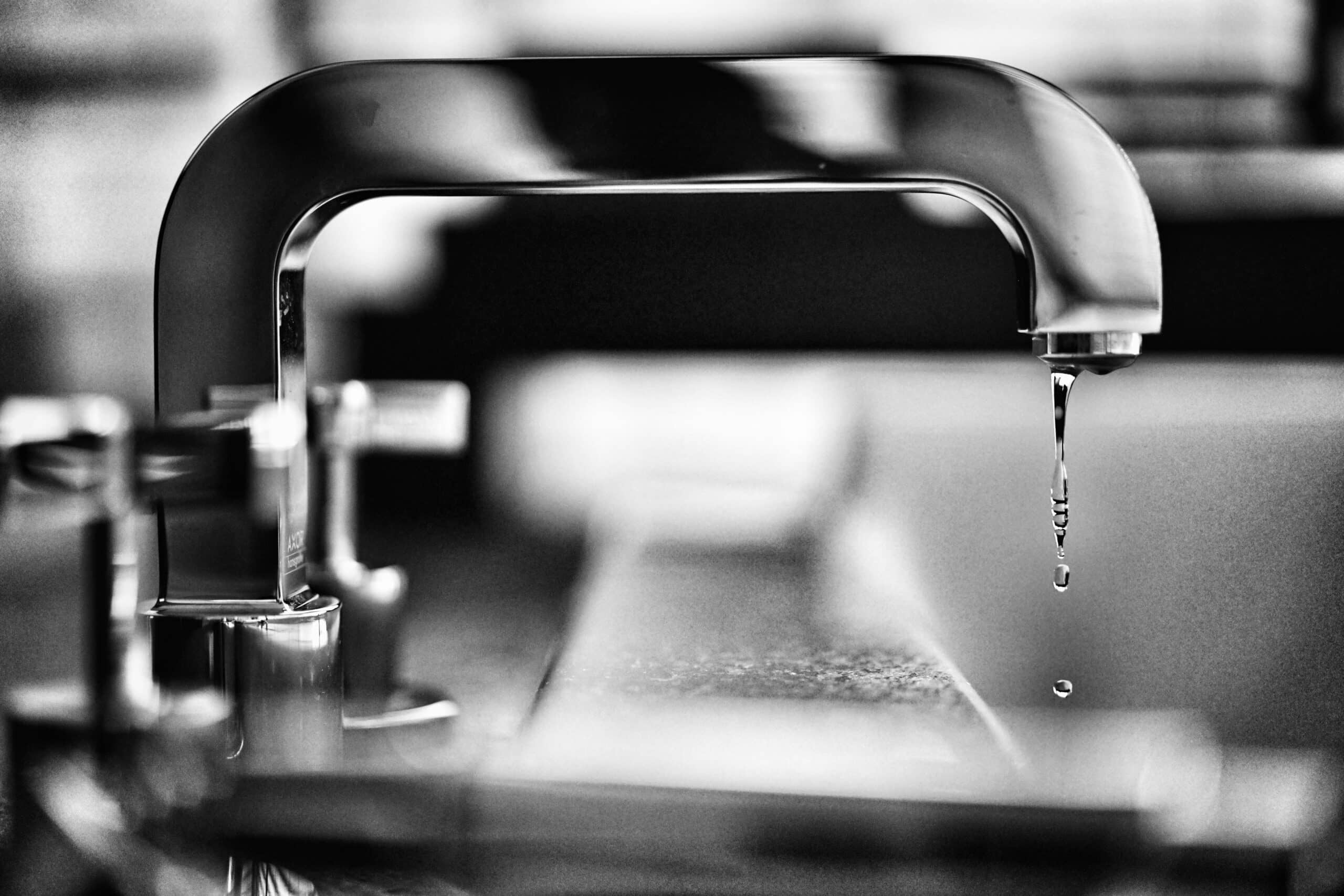
Routine plumbing inspections encompass critical areas such as inspecting pipes and connections, reviewing drainage systems, checking water heaters and boilers, and evaluating fixture performance. Utilizing tools like sewer camera inspections, experienced inspectors pay close attention to each component. This thorough evaluation allows businesses to maintain efficient plumbing services and prevent unexpected failures.
By focusing on these key aspects, organizations can ensure their plumbing systems operate reliably, safeguarding their investments and enhancing overall functionality.
Inspecting Pipes and Connections
Inspecting pipes and connections is a vital aspect of routine plumbing assessments for commercial properties. A commercial plumbing contractor can identify signs of wear, corrosion, or potential leaks that may lead to issues such as flooding, particularly for businesses in areas like Delaware. By fostering open communication with stakeholders about the condition of these crucial components, organizations can take proactive steps to address concerns, thereby minimizing risks and ensuring the reliability of their plumbing systems, including boilers and other essential fixtures.
Reviewing Drainage Systems
Reviewing drainage systems during a commercial property inspection is essential for preventing water accumulation and potential flooding, especially in areas like Canal Winchester. Professionals in commercial plumbing service can identify blockages and assess the functionality of sump pumps, ensuring that drainage systems operate effectively. By addressing these issues early, businesses can avoid emergency situations and maintain safe, hygienic environments for their operations.
Checking Water Heaters and Boilers
Checking water heaters and boilers during routine inspections is crucial for ensuring their longevity and optimal performance. An experienced plumbing technician can identify issues such as leaks, sediment buildup, or malfunctioning pumps, which could impact overall system efficiency. Regular evaluations help prevent the need for emergency service and ensure that drains remain clear, promoting a healthy environment and extending the lifespan of the equipment.
Evaluating Fixture Performance
Evaluating fixture performance is a key component of routine plumbing inspections that directly impacts the overall functionality of a commercial plumbing system. During these assessments, professionals check showers, faucets, and valves for any signs of wear or inefficiency, as well as potential leaks that could lead to larger issues in the sewer line. Timely identification of the need for replacements ensures optimal performance and helps maintain a hygienic environment for both employees and customers.
Factors That Influence Inspection Frequency
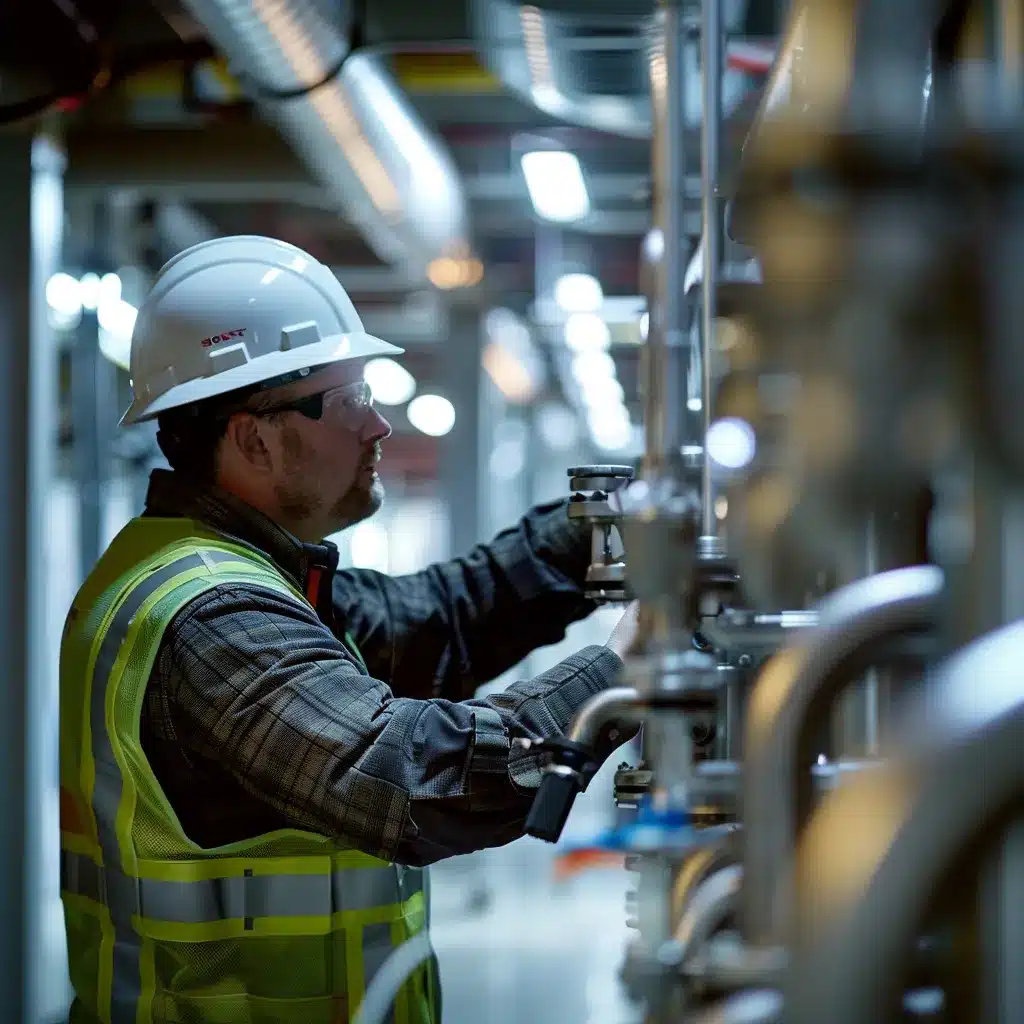
Several factors determine the frequency of plumbing maintenance inspections. The size and complexity of a plumbing system can dictate the need for more frequent evaluations to identify potential issues like leaks. Additionally, the type of business and its operational needs influence inspection schedules, as well as local code requirements that must be met. Understanding these aspects helps ensure efficient plumbing service and timely interventions.
Size and Complexity of Plumbing System
The size and complexity of a plumbing system directly influence the frequency of inspections needed to maintain its efficiency. For larger commercial properties with intricate plumbing solutions, in-depth evaluations by commercial plumbing contractors become essential to detect and address potential issues before they escalate into costly plumbing repairs. Regular inspections help mitigate downtime, ensuring that businesses can operate smoothly by preventing plumbing issues that could disrupt daily activities.
Business Type and Operational Needs
The type of business and its specific operational needs significantly influence how often plumbing inspections should occur. For instance, establishments with high water usage, such as restaurants or medical facilities, require more frequent evaluations to ensure that sinks and sanitary sewers function properly without leaks. Regular inspections help identify potential repair needs early, ensuring that heat systems and plumbing installations operate efficiently, thereby minimizing disruptions to daily operations.
Local Code Requirements
Local code requirements significantly influence the frequency of plumbing inspections for commercial properties. Regulations often dictate the standards for water supply, sewer systems, and grease traps, ensuring that businesses operate safely and efficiently. Adhering to these codes helps identify plumbing problems early, including effective leak detection, which can prevent costly damages and maintain compliance with local health and safety standards.
Common Plumbing Problems Discovered During Inspections
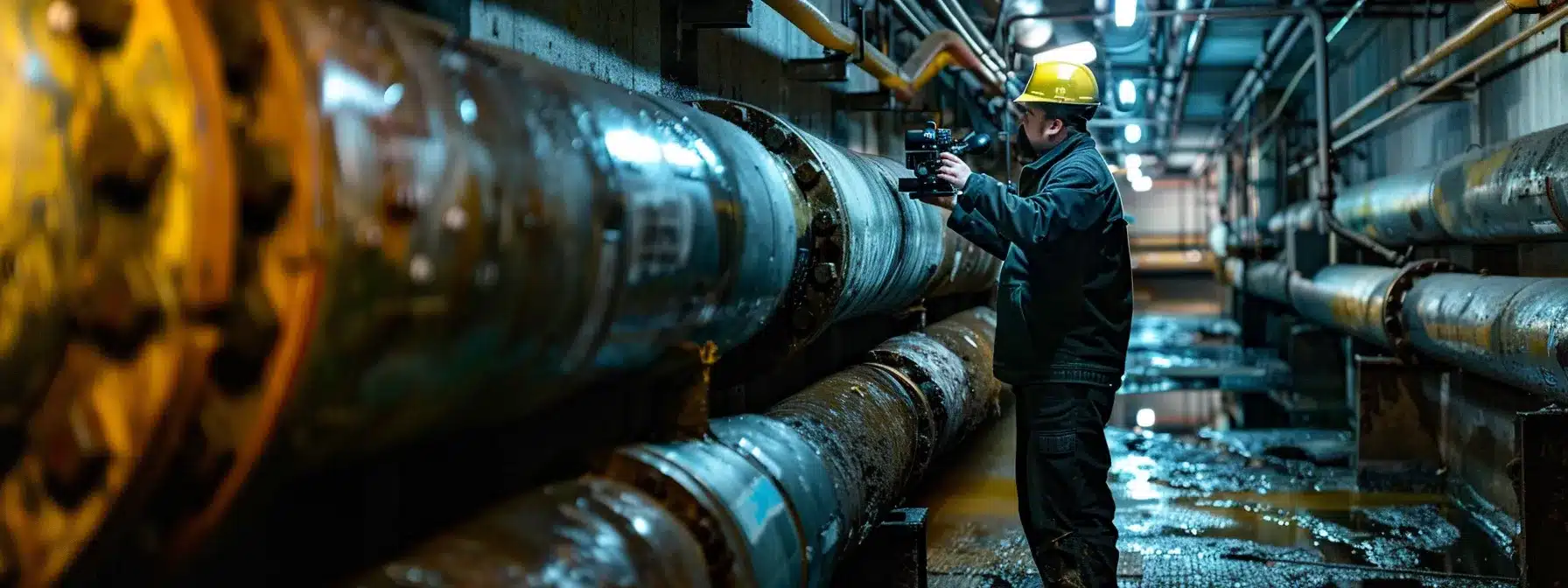
Regular inspections in commercial plumbing are critical for identifying common issues that could disrupt business operations. This includes detecting corroded pipes that could lead to leaks, finding leaks early to prevent extensive damage, and addressing drain blockages that might hinder functionality. Utilizing tools like sewer cameras enhances these evaluations, ensuring effective remedies such as
and maintenance of heat pumps, while also aligning with preventive maintenance policies for both commercial and residential plumbing systems.
Identifying Corroded Pipes
Identifying corroded pipes is a critical aspect of routine plumbing inspections for commercial properties. Corrosion can lead to leaks, which may cause significant damage if not addressed in a timely manner. Experienced plumbing professionals use advanced techniques to detect corrosion early, preventing costly repairs and ensuring the integrity of the plumbing infrastructure remains intact.
Finding Leaks Early
Finding leaks early is vital for commercial plumbing systems, as undetected leakage can lead to significant water damage and operational disruption. Regular inspections enable plumbing professionals to identify signs of leaks, such as damp spots or unusual water meter activity, before they escalate into expensive repairs or compromised structures. By addressing these issues swiftly, businesses protect their investments and maintain a safe, efficient working environment.
Addressing Drain Blockages
Addressing drain blockages in commercial plumbing is essential for maintaining a functional and hygienic environment. During regular inspections, professionals can identify signs of obstruction early, such as slow drainage or unusual odors, allowing for timely intervention. By employing techniques like hydro-jetting or snaking, plumbers can effectively clear clogs, preventing further complications that could disrupt business operations and incur
.
Selecting the Right Plumbing Service for Inspections in Columbus
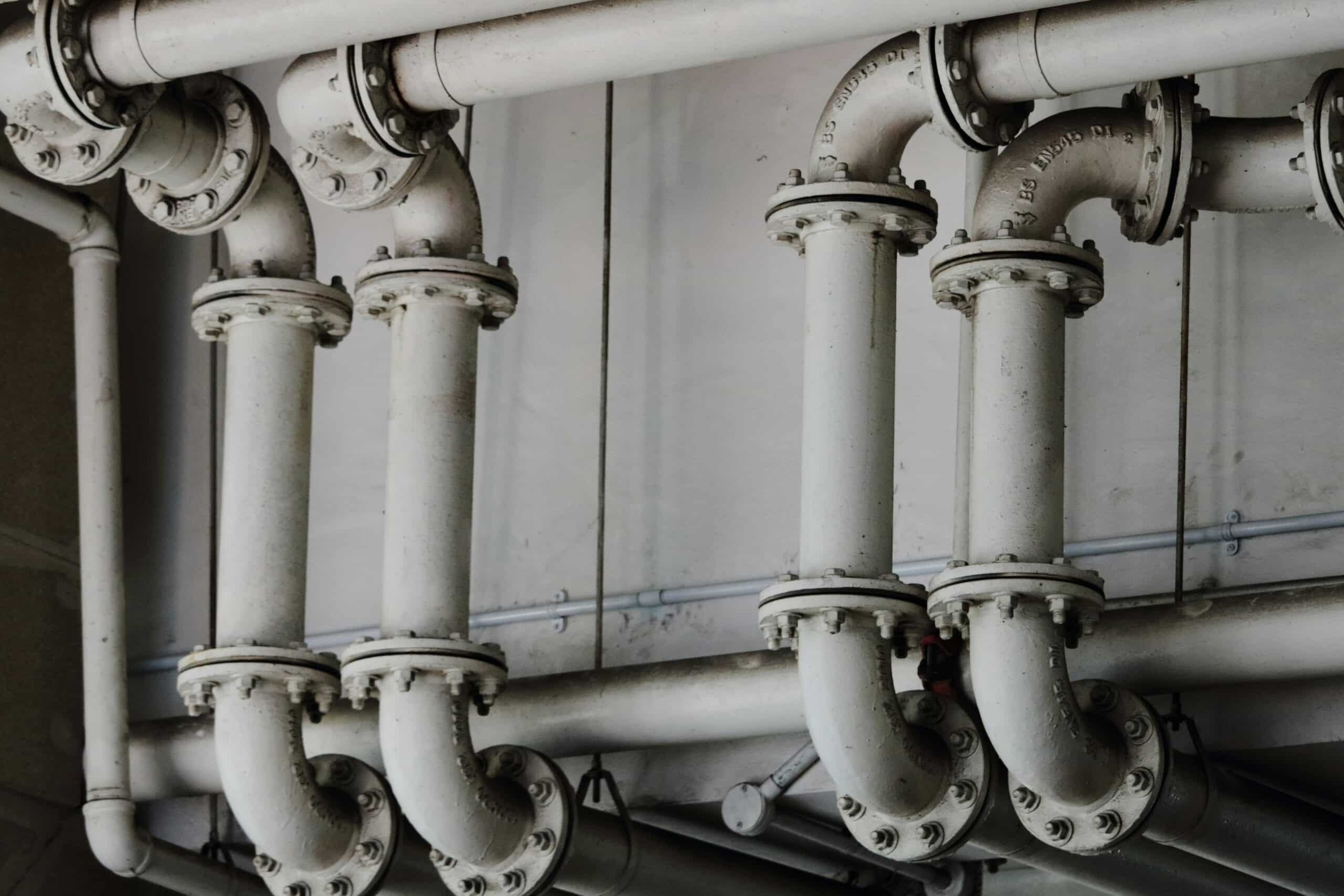
Selecting the right plumbing service for inspections in Columbus involves considering several key factors. Credentials and certifications are essential indicators of a plumber’s qualifications, reflecting their expertise and compliance with industry standards. Experience in commercial plumbing provides assurance of a service provider’s ability to handle complex systems effectively. Additionally, reviews and reputation within the community offer valuable insights into reliability and customer satisfaction, further enhancing decision-making for business owners seeking efficient plumbing solutions.
Credentials and Certifications to Look For
When selecting a plumbing service for inspections in Columbus, it is imperative to look for credentials and certifications that demonstrate the company’s expertise and commitment to quality. Licensed professionals possess the necessary qualifications and training to handle diverse plumbing systems, ensuring that all inspections are conducted thoroughly and in compliance with local regulations. Furthermore, certifications from recognized industry organizations indicate ongoing education and adherence to best practices, helping businesses make informed choices that protect their plumbing investments and maintain operational efficiency.
Importance of Experience in Commercial Plumbing
The importance of experience in commercial plumbing cannot be overstated when selecting a plumbing service for inspections in Columbus. Experienced plumbers possess the skills necessary to evaluate complex systems effectively, identifying issues that less experienced technicians might overlook. Their familiarity with various plumbing installations, regulations, and best practices assures businesses of thorough evaluations, which are essential for maintaining efficient plumbing systems and preventing costly repairs down the line.
Reviews and Reputation in the Community
Reviews and reputation within the community play a significant role in selecting a plumbing service for inspections in Columbus. Businesses often rely on feedback from other clients to gauge reliability and the quality of services provided by plumbers, making it essential to consider reviews from past customers. A company with a strong reputation will likely have positive testimonials highlighting their expertise in managing commercial plumbing needs, which directly impacts the effectiveness of regular inspections and overall system maintenance.
FAQs About Commercial Plumbing Routine Inspections
Understanding the frequency and procedures of commercial plumbing inspections is essential for maintaining an efficient system. Common inquiries include how often inspections should be performed, what occurs during a typical evaluation, whether inspections are legally mandated, and how to prepare for one. These insights help businesses ensure compliance, identify potential issues early, and promote a smooth operational environment.
How Often Should Inspections Be Done?
The frequency of commercial plumbing inspections often depends on various factors such as the size of the facility, the complexity of the plumbing system, and local regulations. Generally, businesses benefit from scheduling inspections at least once a year to identify and address potential issues before they escalate into costly repairs. For high-usage facilities like restaurants or medical offices, more frequent evaluations may be necessary to ensure optimal performance and compliance with health standards.
What Happens During a Typical Inspection?
During a typical commercial plumbing inspection, a qualified plumber examines critical components of the plumbing system, including pipes, fixtures, and water heaters. The inspection process involves checking for leaks, blockages, and signs of wear that could lead to future issues. By using specialized tools, such as video cameras, technicians can assess the condition of the drains and identify any hidden problems, ensuring the plumbing system operates efficiently and meets safety standards.
Are Inspections Required by Law?
Inspections are often required by law, particularly for commercial properties, to ensure compliance with local health and safety regulations. Many jurisdictions mandate routine plumbing evaluations to prevent hazards related to water supply and drainage systems, safeguarding both customers and employees. By adhering to these legal requirements, businesses not only protect their investments but also contribute to a safe working environment, ultimately enhancing their reputation and operational efficiency.
How Can I Prepare for an Inspection?
Preparing for a plumbing inspection involves ensuring that all areas of the plumbing system are accessible and clear of obstructions. Businesses should communicate any known issues, such as leaks or unusual noises, to the inspector in advance, providing valuable context for the evaluation. Additionally, maintaining a clean environment around plumbing fixtures can facilitate a more efficient inspection process, allowing professionals to identify both current and potential problems effectively.
Conclusion
Regular inspections are essential for maintaining efficient commercial plumbing systems, helping to identify and address issues before they escalate into costly repairs. These evaluations not only enhance system efficiency but also ensure compliance with health and safety regulations, safeguarding investments. By detecting hidden problems early, businesses can prevent operational disruptions and maintain a safe environment for both employees and customers. Prioritizing routine inspections ultimately strengthens the reliability and longevity of plumbing infrastructure, supporting smooth business operations.
